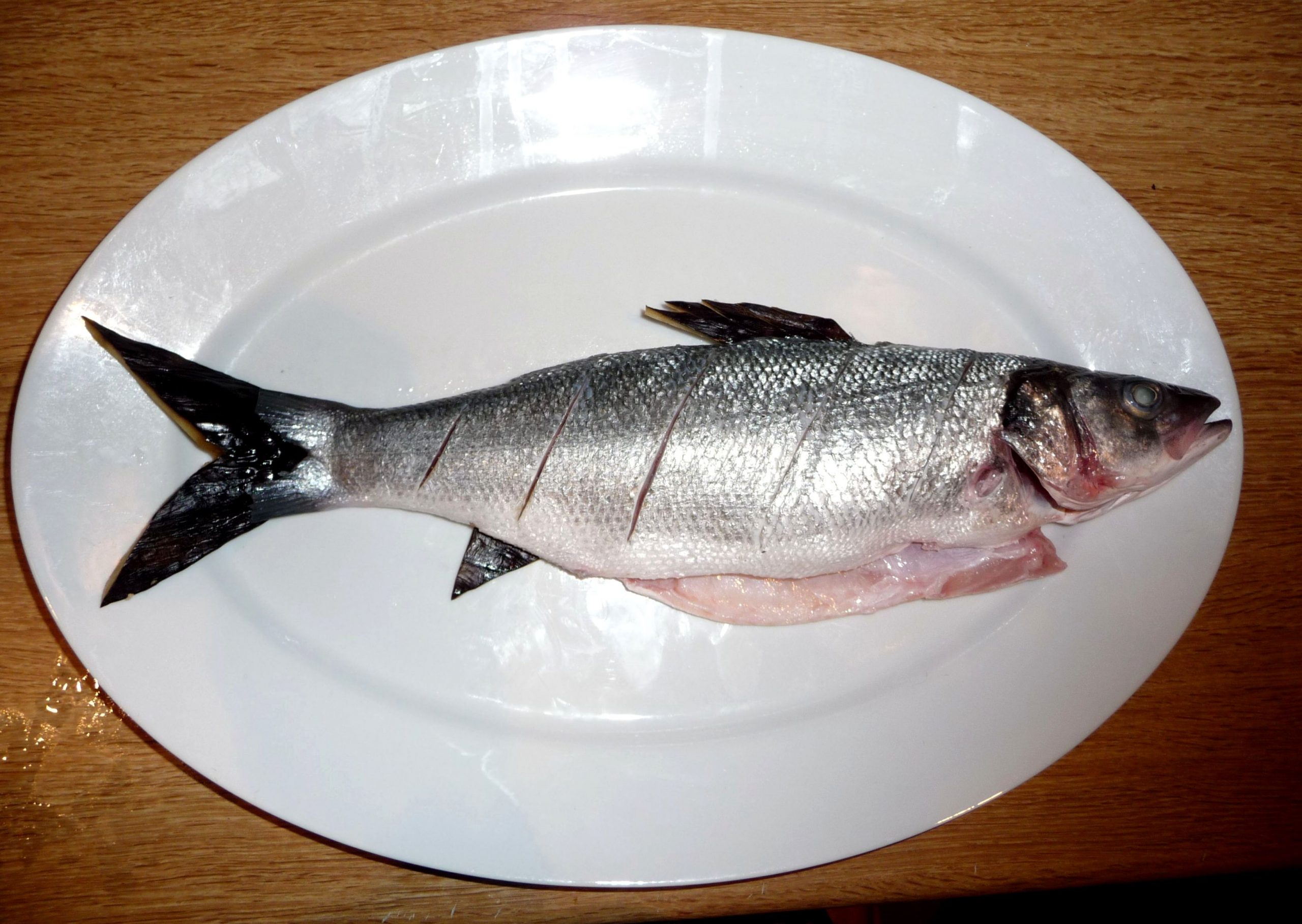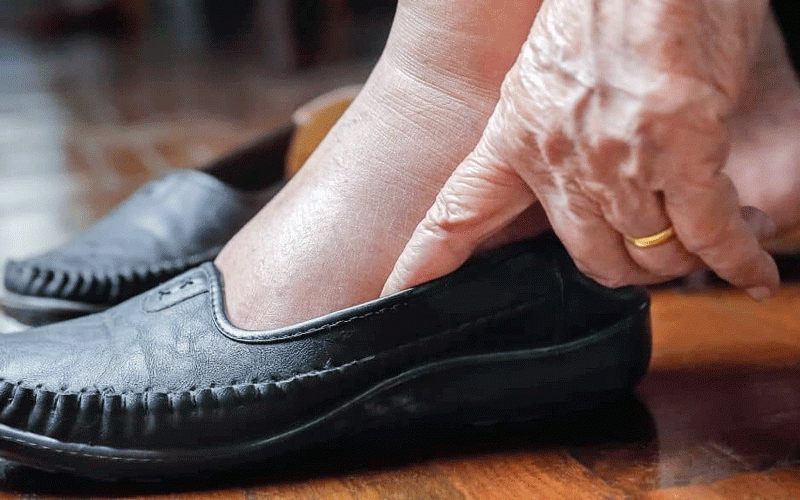
Moderate exercise, and a regular intake of oily fish fatty acids, keeps elderly immobility at bay, a study suggests.
Report by BBC Findings of a recent trial show that women aged over 65 who received omega-3 fatty acids gained almost twice as much muscle strength following exercise than those taking olive oil.
A larger trial is planned to confirm these findings and to determine why muscle condition improves. The findings are being presented at the British Science Festival in Aberdeen.
Some studies have linked diets high in omega-3 — commonly found in oily fish such as mackerel and sardines — to have potential health benefits, such as a lower risk of coronary heart disease.
During healthy ageing, muscle size is reduced by 0,5 to 2% per year. This process — known as sarcopenia — can result in frailty and immobility in old people.
Little is known about the prevalence of sarcopenia in the UK, but data from the US shows that 25% of people aged 50-70 have sarcopenia and this increases to more than half of those aged over 80 years.
According to Stuart Gray from the University of Aberdeen, the cost of sarcopenia is immense; either in direct nursing and care costs or in hospital admissions through falls.
“Around one-and-a-half percent of the total US healthcare budget is spent on sarcopenia-related issues”, he said.
- Civic groups target youths in voter awareness
Keep Reading
The rate of muscle loss is dictated to some extent by lifestyle — consumption of a low protein diet and a sedentary lifestyle are known to exacerbate muscle loss.
Previous studies demonstrated that livestock fed on omega 3-rich diets had increased muscle bulk.
This prompted Gray to investigate whether these fatty acids could help reverse sarcopenia in the elderly.
In his initial studies, he showed by MRI imaging that middle-aged rats taking fish oil supplement had a lower loss of lean mass than counterparts fed on normal diet.
“The fish oil seemed to be having anabolic (muscle-building) protective effects in the rats, but rats aren’t humans, so the next step was to try it in humans”, he said.
So, Dr Gray recruited 14 women aged over 65 years and asked both groups to undergo a 12-week exercise programme consisting of two 30-minute sessions of standard leg muscle exercises.
Half the women were given the omega-3 fatty acids EPA and DHA, while the other half received an olive oil placebo (negative control).
At the start and end of the trial, the women’s leg muscle strength was measured.
The results were compelling. Women receiving olive oil increased their muscle mass by 11% while those receiving EPA and DHA showed a 20% increase — a statistically significant improvement.
But as Gray was quick to point out, not all fish oil supplements contain beneficial amounts of these fatty acids.
New research seeks to answer previous research questions The researchers have now received funding to carry out a larger trial that includes 60 people aged over 65 years to confirm the beneficial effects of the fatty acids. The new trial will recruit similar numbers of men and women.
Previous research has shown that men and women differ in their ability to synthesise new protein and also in their response to exercise.
So assessing whether women and men respond differently to exercise and fatty acid supplements will be one of the questions that the new trial will address. The trial is scheduled to start in the next month.











